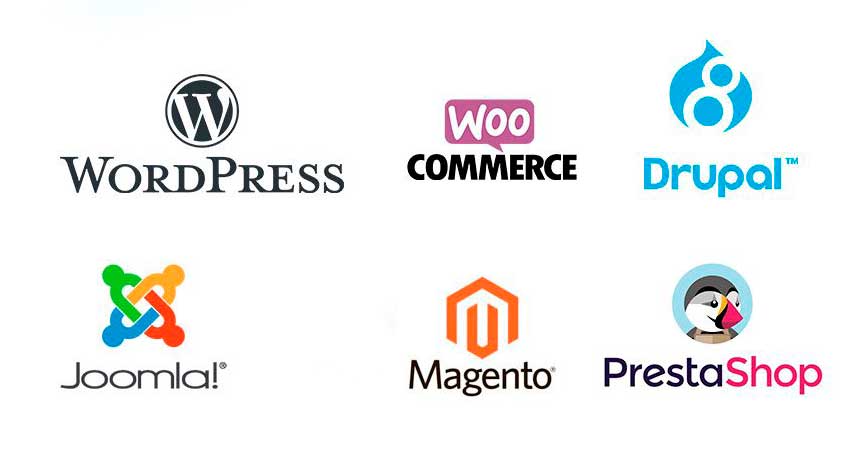During my earlier years working in technology, we were constantly building and launching new websites. While content management system solutions were available, they were generally bulky and severely inhibited server performance. It was a constant struggle to manipulate whichever framework you were using to fit your needs. In most cases, we usually avoided a CMS solution altogether and built the website from scratch. It was generally a more efficient use of our time than the heavy customization required with an ‘out-of-the-box’ solution.
Today there is no plausible rationale for building a website from scratch. With so many well tested and easy to use commercial (and license free) CMS solutions, you’re sure to find a product that will fit your needs.
Top 5 business reasons to use a CMS
- Streamline recurring upgrade costs
Websites are being created every day that quickly become aging dinosaurs. Whether the technology becomes insufficient, the design becomes dated, or the security becomes comprised, the reasons for redevelopment are ongoing. Going back to the drawing board every time your site needs re-development is an expensive proposition. Keeping your website content separate from your infrastructure and design becomes critical to keeping costs in check. A website should be designed like a car, all the parts should be modularized and easy to access or replace. If you can quickly upgrade your payment processing or event management systems with minimal effort, any associated costs are minimized. Given the reduced scope and complexity of these upgrades, they can often be performed by internal assets rather than contracting external parties. - Content ownership diversification
Whether content is being deployed to single or multiple sites, sharing the workload helps your organization streamline the process. Your internal subject matter experts can directly own the maintenance of content while minimizing the process of releasing information. Allowing multiple groups within your organization to maintain the information lowers the risk of it being out of date and substantially decreases the time required for review before publishing. - Quickly integrate new services
As your services evolve, it can often be complex to integrate new tools to meet the demand. If you make some good estimations about potential growth beforehand, adding new tools to CMS can be a click away. A good CMS has a vast array of free and commercial plug-ins or add-ons for quick integration. You may even discover new ways to automate previously manual processes that you weren’t aware of. - Improved insight on opportunities for growth and refinement
Data is the lifeblood for all businesses. It allows us to discover potential growth opportunities and areas for process refinement. Using an established CMS can expose these opportunities within your organization. As the software model is usually built to service many different industries, it can often prompt new methods to capture and analyze business data within your own industry sector. - Focus on business services instead of infrastructure maintenance
It’s not uncommon for companies to build expensive custom software systems to manage internal or external processes that support their products or services. Unless the technology is your business, why recreate the wheel? A good CMS should enable your organization to automate business processes in a more efficient manner and rely on other vendors for infrastructure support. Leave the maintenance for someone else better equipped to handle it.
Whether you choose a hosted commercial solution or a self-hosted open source solution, a content management system can provide the kind of the cost-effective flexibility your organization needs to accommodate for future changes.

